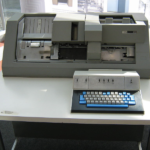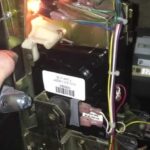
In August, the Tulsa police department held a press conference about how its new Automated License Plate Readers (ALPRs), a controversial piece of surveillance technology, was the policing equivalent of “turning the lights on” for the first time. In Ontario, California, the city put out a press release about how its ALPRs were a “vital resource.” In Madison, South Dakota, local news covered how the city’s expenditure of $30,000 for ALPRs “paid off” twice in two days.
All these stories have two things in common: One, they are all about the same brand of ALPRs, Flock Safety. And two, they’re all reminders of how surveillance technology companies are coaching police behind the scenes on how best…
External feed Read More at the Source: https://www.eff.org/deeplinks/2022/11/rise-police-advertiser

